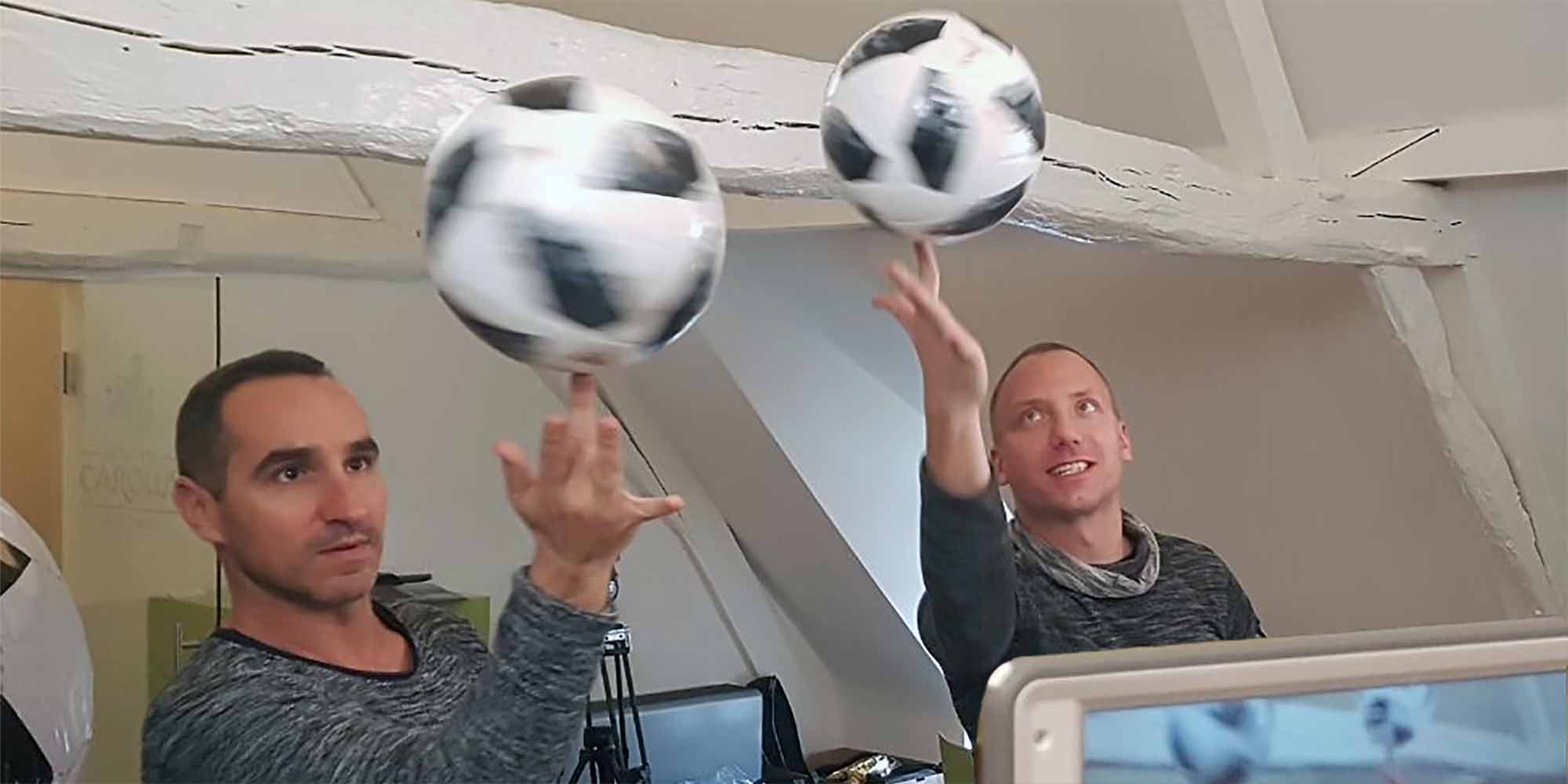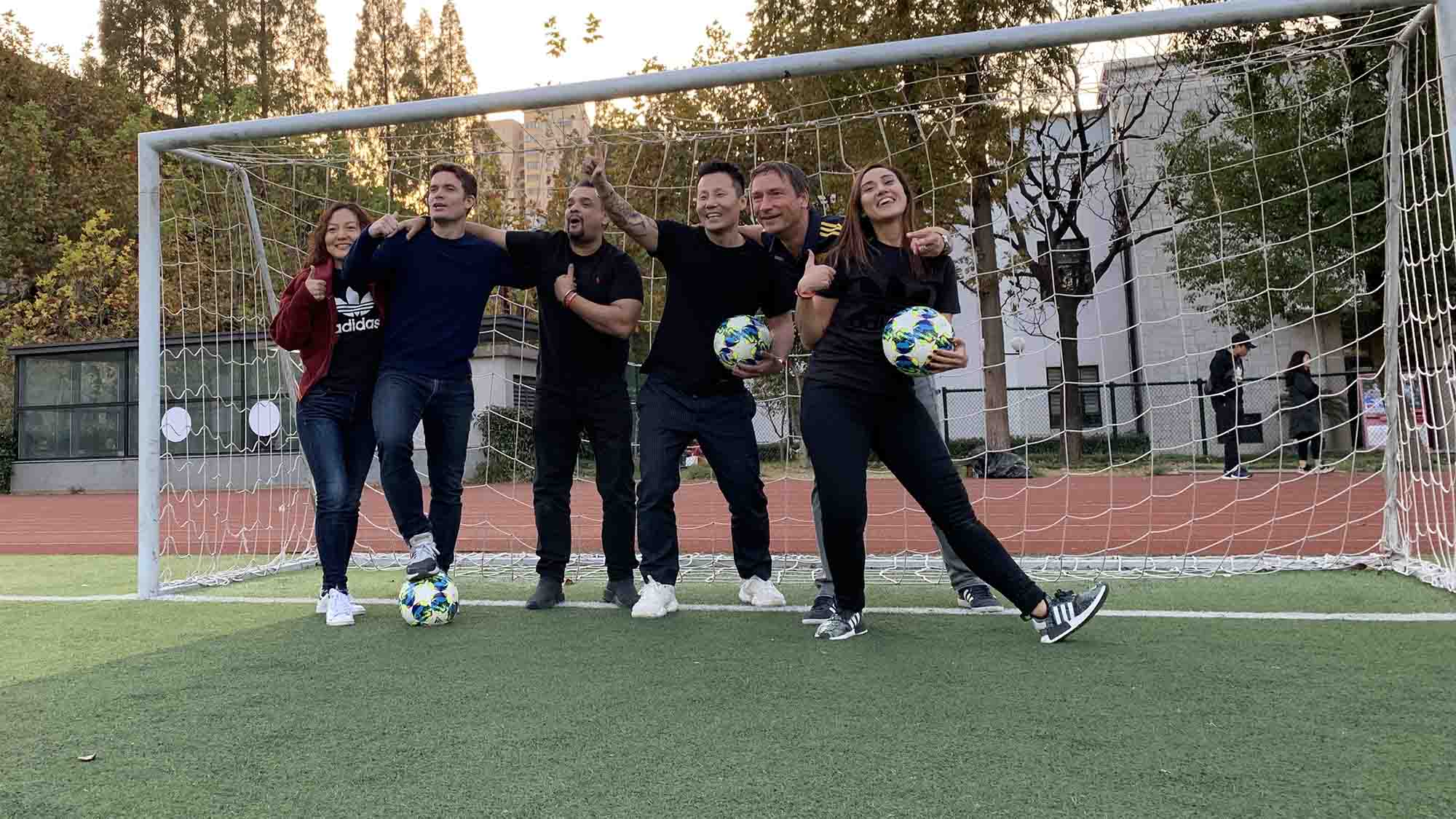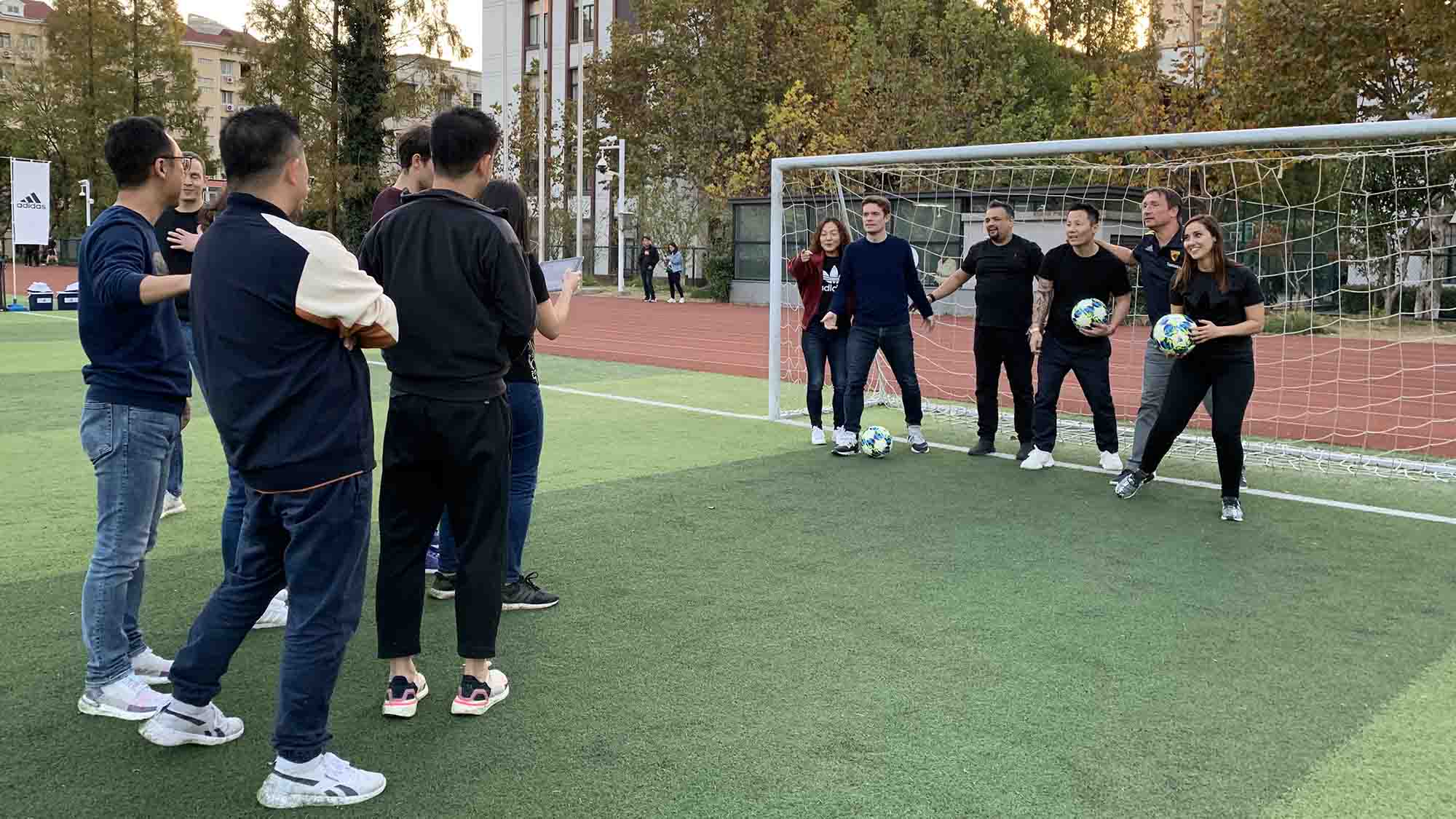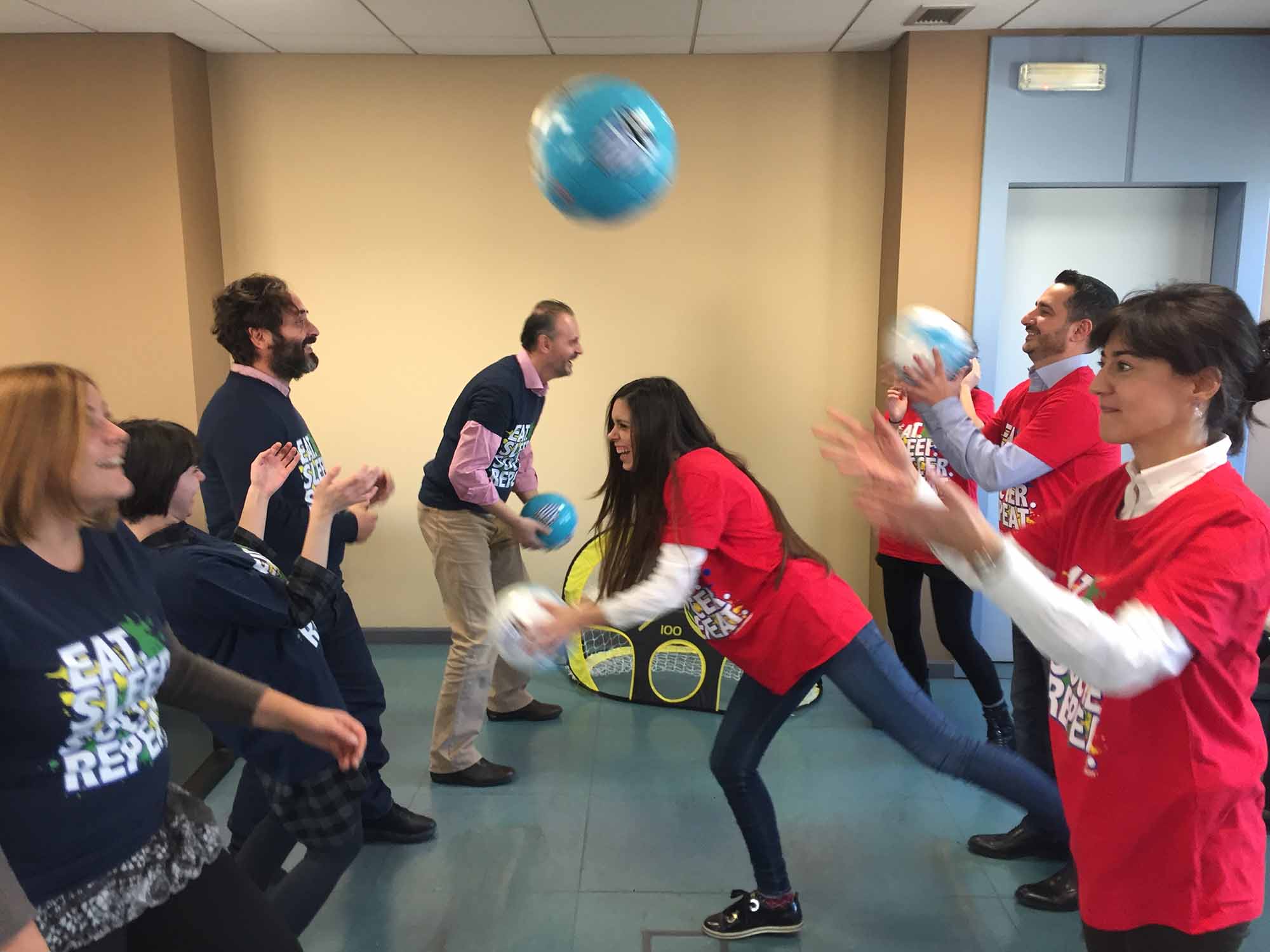2022 is hotting up to be a big year of football! The final of the 13th edition of the UEFA European Women's Football Championship saw the home team, England, beating Germany at Wembley Stadium. Will the reigning world champions, France, be able to apply their incredible teamwork to take home the FIFA World Cup in November this year against a field of 32 teams in Qatar?
The success of a soccer team is directly related to their ability to work effectively as a team. Research shows that soccer teams that uphold sound teamwork principles have better results than those where players compete as individuals to be the centre of attention. What are the fundamental principles of teamwork that soccer can teach us?
Successful soccer teams are built on a foundation of roles, responsibilities and respect. Each position has specific requirements, whether goalkeeper, forward, midfielder or defender. Players understand their position in the team and are aware of what is required of them and the bounds of their role.
Building on this foundation, each player understands the position and function of other players on the team and how their role integrates with them. Gameplay can rise to the next level when players trust and rely on each other to perform their respective duties on the field.
Successful soccer teams consist of players who respect and value each other's position and talent. Roles, responsibilities and respect allow every move the players make to be coordinated with purpose, increasing the chances of scoring and winning a match. These foundations become the cohesive element, particularly when a team is under pressure.
Excellent football players have exceptional skills, like trapping, dribbling, passing, shooting and heading. These skills are foundational to higher possession, ball control and successful shooting.
When focusing on the skills of soccer greats such as Ronaldinho, Lionel Messi and Cristiano Ronaldo, it's easy to overlook the communication and cooperation of the team required to set up the play.
A team's strategy takes the talents of individual players and combines them into cohesive plays. Practising at Training tests the resolve and commitment of players to working as a team. Although physically demanding, practising and playing together, whether at Training or during a match, are shared experiences that help a team to grow together, building loyalty and trust.
An environment of trust built on respect enables shared responsibility for loss, open discussion around mistakes without blame, and a continuous learning approach.
Trust enables each team member to depend heavily on one another. And this trust in each other gives the framework for individuals to use their skills fully in coordination and synchronicity with the other players for the team's success.
In the same way, in business, individuals need to understand their roles and responsibilities and how they integrate with others in the team. They must have a clear vision of team objectives and feel valued as part of the bigger picture. Developing responsibility for their role in the group spurs individuals to hone their required skills.
Just as in soccer, individuals need to have an awareness of the other people in their work group and the role they play. And, over time, learn to trust in the skills and expertise of others and come to rely on their abilities as an integral part of the common goal. Trust and reliance on others in the team stop silo mentality and individualism and allow the team to succeed in meeting their common goals.




Teams in business should be given opportunities to get to know each other, practise working together and build trust in relaxed, informal situations. Herein lies the value of team building activities.
In team building, individuals develop soft skills such as communication, collaboration and creative thinking. And, with a group of others, take on roles and responsibilities to complete a common goal outside the norm, such as:
These seemingly extraordinary situations become shared experiences with lessons learned designed to be reflected on and applied to teamwork in business.
Get in touch to learn more about how Catalyst soccer-themed team building activities can assist your people in developing teamwork, collaboration, strategy planning and more while having a fun shared experience!
© 2024 All rights reserved.
